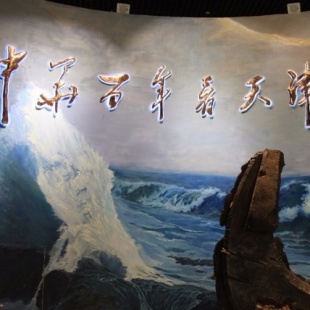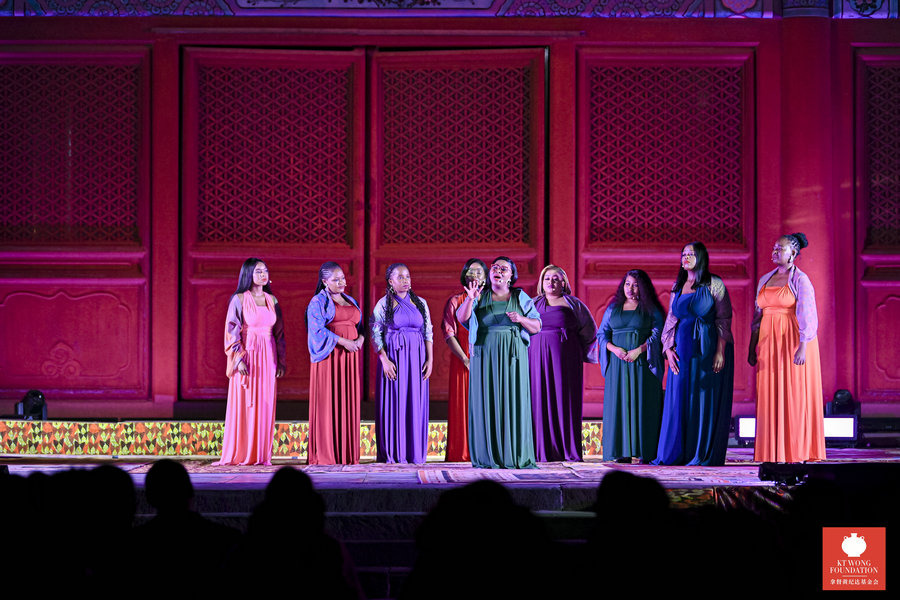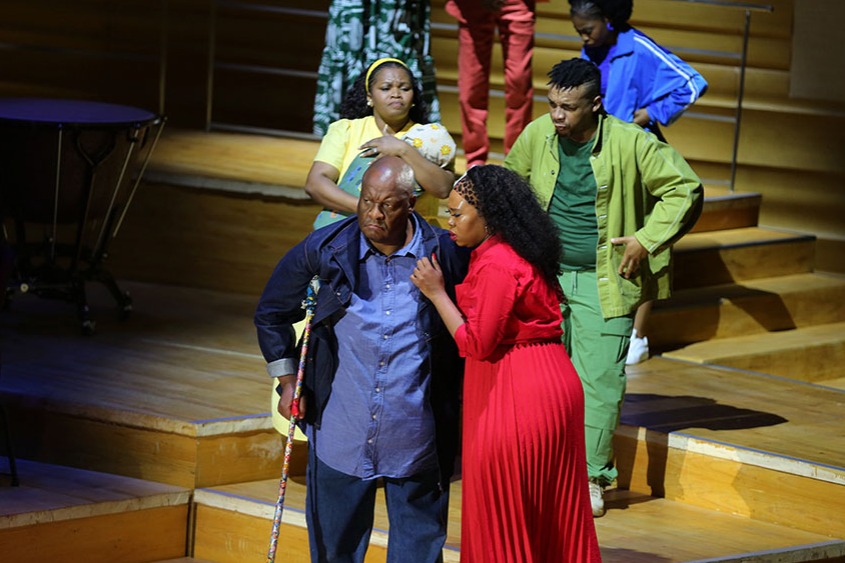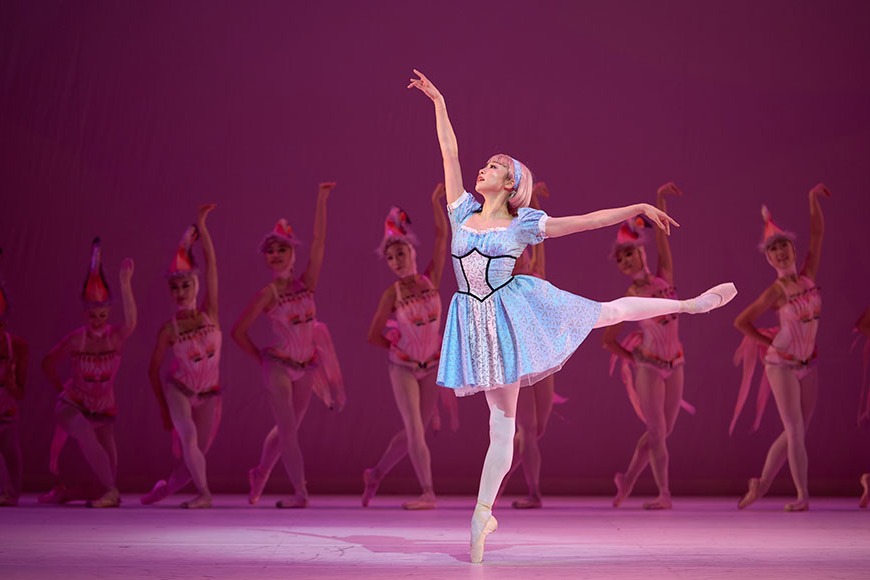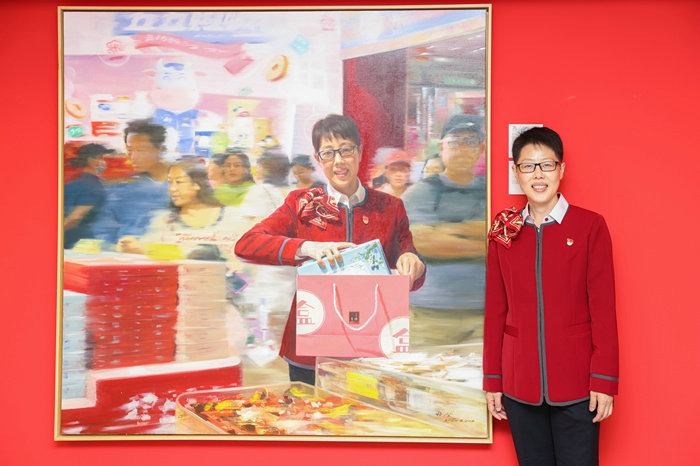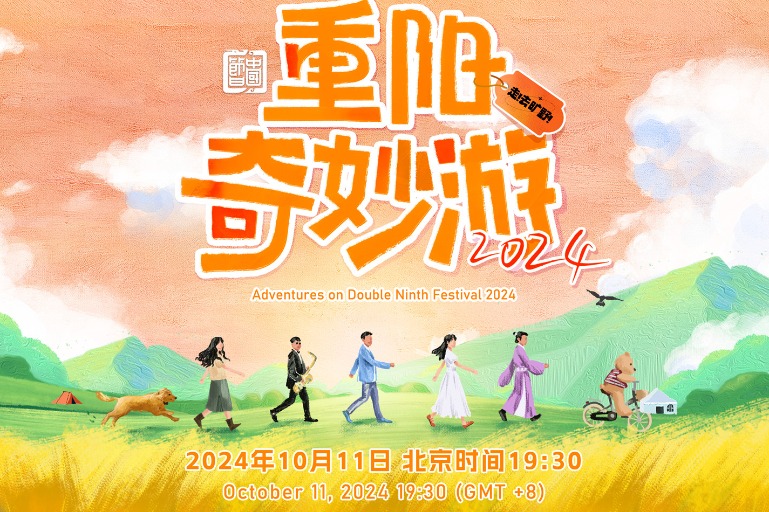Museums focusing on CPC saga impress foreigners

Irina Andreeva, a Russian teacher at Tianjin Foreign Studies University, looked intently at the medals awarded to heroes of the War to Resist US Aggression and Aid Korea (1950-53) and took photos. She enjoyed the exhibition of revolutionary cultural relics being held in Tianjin.
"The medals were beautiful and looked similar to our medals from the Soviet era. Actually, many items on display had some connection with my country," says Andreeva, who was moved by the exhibits.
Andreeva was among a group of more than 50 foreign expats from 20 countries who recently visited Tianjin Museum and the Memorial to Zhou Enlai and Deng Yingchao in North China's Tianjin to learn about the history of the Communist Party of China.
"The visit was interesting. I knew many things about the CPC, and this time I learned even more about its history," Andreeva says.
In the museum honoring the memory of late premier Zhou Enlai and his wife, Deng Yingchao, Andreeva was drawn to a gray car, a gift from the former Soviet Union to Zhou.
"It showed that our countries had a close relationship. I also saw exhibits about the agreement to establish diplomatic relations between the countries. It was the first time I read this document, which was in Russian. I was excited," she says.
She was touched by Zhou's unremitting efforts in diplomacy, and the fact that he worked very hard in his last days, despite his failing health.
"I could understand why many of my students from other cities came to the museum. Zhou is worthy of being respected and commemorated. He was a great hero," she adds.
Andreeva had watched the grand celebration of the 100th anniversary of the founding of the CPC on TV on July 1. She recalls: "When I heard the song The Internationale, I felt emotional. I knew the words and could sing them in Russian."
Marina Bukharova, a Russian PhD student from Tianjin Normal University, also had an unforgettable experience during visits to the museums. "Zhou lived a simple life and his clothes, shoes and other items were very simple. It reminded me to cherish what we have now," Bukharova says.
"I can also feel that the CPC is making people's lives better, improving their quality of life and making them feel happy," Bukharova says.
After his visit, Fredrick Okoth Otieno, a Kenyan PhD student at Tianjin Normal University, was impressed by China's technological development. "Having been in China for five years, I was accustomed to using mobile payments through WeChat and Alipay, and the country is still investing in new technology to make people's lives more convenient," Otieno says.
Otieno says he will go back to Kenya to help it develop using the knowledge he has gathered in China.
Peter Rogerson, executive principal of Haileybury International School in Tianjin, says that he has been to many museums in China, but not until this tour could he put the CPC's entire history in a timeline. "This wonderful tour took me to the origins of the Party and through its 100-year history."
Having lived in Tianjin for about eight years, Andreeva regards China as her second home. "China has found a good way of doing things and moved, step by step, in the right direction. I'm sure China will continue to become better."


